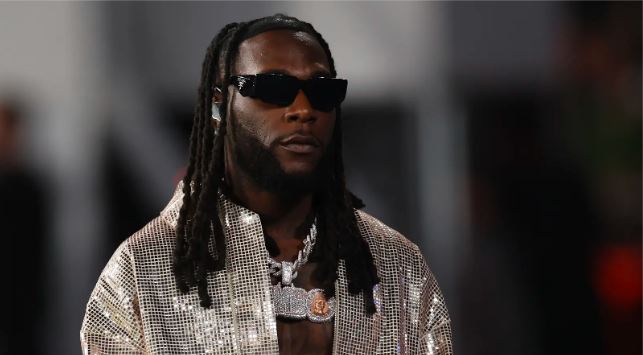Burna Boy’s Journey of Musical Self-Discovery and Reconciliation with Afrobeats
Damini Ebunoluwa Ogulu, known globally as Burna Boy, a prominent figure in the contemporary music scene, has navigated a complex relationship with the genre that propelled him to international stardom – Afrobeats. His journey, marked by initial criticism and a subsequent embrace of the genre, reflects a deeper exploration of artistic identity and the evolving landscape of African music. Burna Boy’s recent apology for past remarks, where he seemingly dismissed Afrobeats as lacking substance, marks a significant turning point in his narrative, signaling a newfound appreciation for the genre’s unifying power and global impact.
Burna Boy’s earlier critique of Afrobeats stemmed from his personal quest to define his unique musical style, which he termed “Afro-fusion.” Feeling constrained by the perceived limitations of the Afrobeats label, he sought to carve a distinct space for his music, one that blended diverse influences and transcended genre boundaries. He expressed a frustration with being confined to a single category, believing that it failed to capture the complexity and depth of his artistic expression. This desire for individual recognition, however, inadvertently led to misunderstandings and sparked controversy within the Afrobeats community.
His comments, made during an interview with Apple Music’s Zane Lowe, ignited a firestorm of criticism. He was accused of undermining the genre that had given him a platform, of being ungrateful for the collective efforts of artists who had contributed to Afrobeats’ global rise. The backlash forced him to confront the implications of his words and re-evaluate his stance on the genre. In a recent interview, he admitted to a limited understanding of Afrobeats’ broader significance at the time he made those remarks. He confessed that he had not fully grasped the importance of a unifying term like “Afrobeats” in propelling African music onto the world stage.
Burna Boy’s apology, delivered during an appearance on The Official UK Afrobeats Chart Show, marked a pivotal moment of reconciliation. He acknowledged the vital role Afrobeats has played in amplifying the voices of African artists and bringing their music to a global audience. He expressed remorse for the confusion his earlier statements had caused and affirmed his renewed respect for the genre. This public acknowledgment demonstrated a willingness to learn and grow, a sign of maturity and a deeper understanding of the interconnectedness within the African music ecosystem.
The evolution of Burna Boy’s perspective underscores the dynamic nature of genre classifications and the challenges artists face in navigating these labels. His initial resistance to being solely defined by “Afrobeats” reflects a broader artistic struggle for individual expression within established frameworks. His desire to push boundaries and explore new sonic territories led him to create Afro-fusion, a genre that encapsulates his diverse musical influences. However, his journey also highlighted the importance of acknowledging the foundational genres that pave the way for artistic innovation.
Ultimately, Burna Boy’s story serves as a reminder of the power of unity within the music industry. His reconciliation with Afrobeats signifies a recognition of the collective effort required to elevate African music on a global scale. His apology and subsequent embrace of the genre’s significance signal a maturation in his understanding of the music landscape and his place within it. It is a testament to the evolving nature of artistic identity and the ongoing dialogue surrounding genre classifications in a constantly shifting musical world. Burna Boy’s journey emphasizes the importance of respecting the foundations while simultaneously striving for individual expression, a delicate balance that continues to shape the future of African music.














